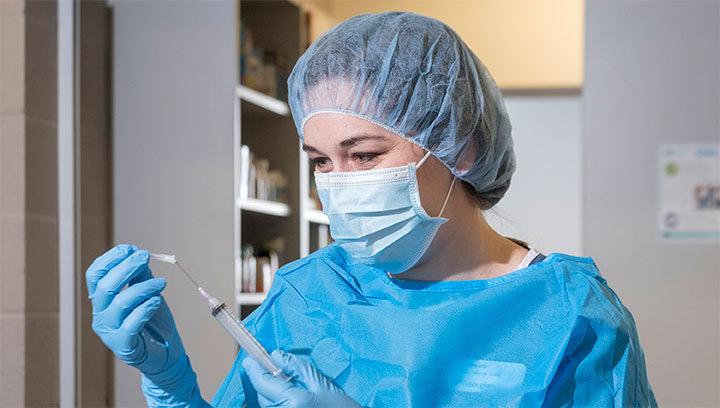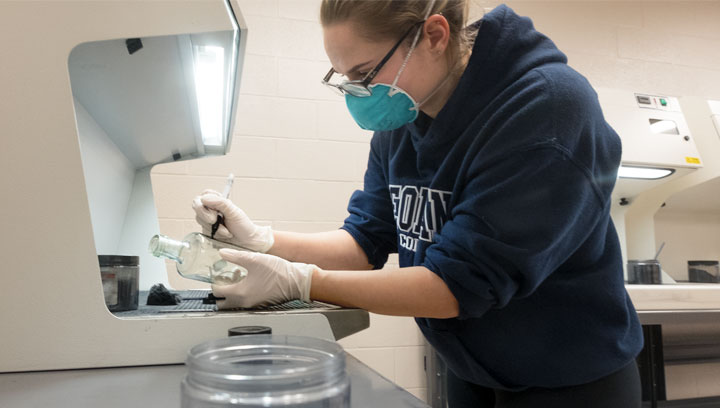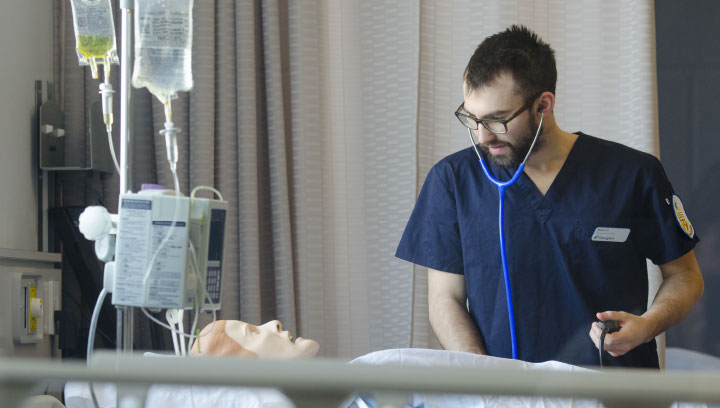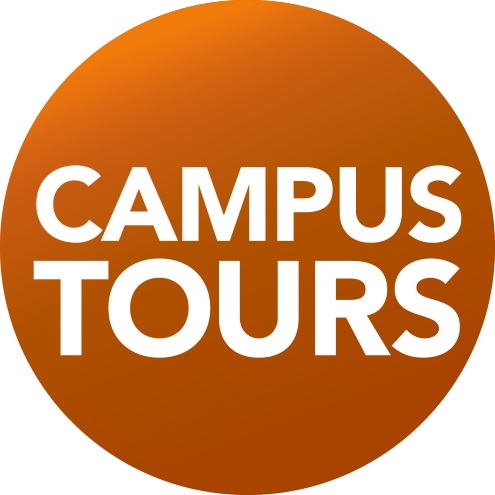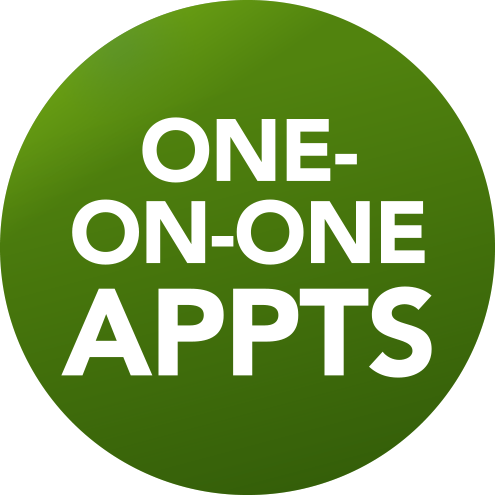
Train for a career in animal health as a vet tech
Veterinary Technician Ontario College Diploma program
100% of grads recommend our program! Get valuable hands-on experience. High-demand field. Excellent graduate employment rate.
Program information
Program description
This program provides an opportunity for students to acquire the skills, knowledge and attitudes required to be an integral member of a veterinary health care team. Students explore the range of activities carried out in companion and large animal practices, animal shelters, research facilities, zoos or wildlife facilities. Through in-class theory and simulations, combined with clinical experience in our veterinary teaching hospital, students learn to care for and handle animals, understand the basic principles of normal and abnormal life processes, and carry out routine laboratory and clinical procedures. Typical activities include obtaining and recording patient histories, collecting and analyzing laboratory samples, preparing patients, instruments and equipment for surgery, induction and monitoring of anesthesia, assisting in medical and surgical procedures, providing specialized nursing care, producing diagnostic radiographs and performing dentistry.
This program is highly competitive. Learn about admission requirements for highly competitive programs.
Intake information
| Start date | Campus |
|---|---|
| Fall 2024 | Orillia |
Tuition and fees
- Visit our tuition and fees page for detailed information on the cost to attend Georgian.
- You can afford this! Explore OSAP as well as awards, scholarships and bursaries to help you pay your way to graduation.
Work-integrated learning
- This program includes a field placement component where you’ll gain hands-on experience in a setting relevant to your program.
- Learn about types of work-integrated learning at Georgian.
What are the admission requirements for the Veterinary Technician program?
Veterinary Technician admission requirements
- Ontario Secondary School Diploma (OSSD) or equivalent or mature student status
- Grade 12 English (C or U)
- Grade 12 Mathematics (C, M or U)
- Grade 11 or 12 Biology (C or U)
- Grade 11 or 12 Chemistry (C or U)
Mature students, non-secondary school applicants (19 years or older), and home school applicants may also be considered for admission. Eligibility may be met by applicants who have taken equivalent courses, upgrading, completed their GED, and equivalency testing. For complete details refer to: www.georgiancollege.ca/admissions/academic-regulations/
Pathways
Applicants who have taken courses from a recognized and accredited post-secondary institution and/or have relevant life/learning experience may also be considered for admission; refer to the Credit for Prior Learning website for details:
www.georgiancollege.ca/admissions/credit-transfer/
Selection Process
Applicants will be assessed and ranked based on academic grades. A minimum grade of 75% in each prerequisite subject is recommended.
Additional information
Within 4 weeks of the program start, students must provide proof of current rabies vaccinations (administered within 1 year prior to the program start). Alternatively, students can provide results of an adequate titre* taken within 30 days prior to the program start. *Adequate titre is greater than 0.5 IU/ml: Health Canada.
Field Placements 1 and 2 run for the equivalent of six weeks following the completion of the winter semester in year one and two of the program.
Why take the Veterinary Technician program at Georgian College?
What career paths can I take as a vet tech?
Your Veterinary Technician diploma gives you many career opportunities
Graduates may find employment as a member of a veterinary health care team in veterinary hospitals, diagnostic labs, research facilities, zoos, and animal shelters, or may find employment related to pharmaceutical sales, livestock health management, or food animal inspections.
What courses are included in the Veterinary Technician diploma program?
Course overview
27 Program Courses
2 Communications Courses
3 General Education Courses
2 Field Placements
Program-specific courses
Semester 1 courses are listed below. For a full list of courses in the program including course descriptions, view the Veterinary Technician program outline.
- VETC 1002 – Veterinary Anatomy and Physiology 1
- VETC 1003 – Introduction to Veterinary Technology
- VETC 1020 – Animal Care 1
- VETC 1021 – Animal Husbandry and Handling
- VETC 1022 – Veterinary Lab Techniques 1
- Select 1 course from the communications list during registration.
- Select 1 course from the general education list during registration.
Your course delivery method(s)
In person
This program is delivered fully in person and requires you to attend campus.
Please note, delivery methods are based on planning for the upcoming semester and are subject to change.
Frequently asked questions (FAQs)
While both of these professionals are valuable members of the veterinary health-care team, there are notable differences in the responsibilities.
A veterinary technician is often referred to as the veterinarian’s “right-hand person”. They are responsible for an assortment of duties including: anesthesia, surgical assisting, taking radiographs and completing diagnostic lab work as well as providing an array of nursing skills, such as intravenous catheterization and taking blood.
A veterinary assistant works to support the veterinary team by performing duties such as restraining animals, providing care for the animals (e.g. walking dogs, cleaning kennels), cleaning surgical instruments and the veterinary hospital as well as performing receptionist duties.
Graduates of the Veterinary Technician program can become registered with the Ontario Association of Veterinary Technicians (OAVT). This process includes writing the Veterinary Technician National Examination, as well as completing other requirements as required by the professional association. For more information, visit the OAVT website. While completing this requirement is optional, it is highly recommended as most veterinarians will only hire a registered veterinary technician (RVT) and it will likely one day be mandatory to be an RVT to work in a veterinary clinic.
The most recent key performance indicator data (2019) found that 92 per cent of students in the Veterinary Technician program found employment upon graduation. There is currently a shortage of RVTs in Ontario, which is evident in numerous job postings on the OAVT website.
Yes! You can expect classes (lectures and labs) any day between Monday to Friday, starting as early as 8 a.m. and extending into the evening. To be successful, you should have strong time management and study skills. Typically, you would be expected to complete chapter readings, review videos, lectures and procedures before lab as well as complete prep work for lab and lecture classes.
In addition to course demands, you will also complete rotations caring for the animals that are housed on campus.
Yes, first-year students complete rotations of kennel duty between Monday to Friday. The rotations are usually competed twice during each semester and consist of five consecutive days. You will work in a group and will be responsible for walking the dogs, feeding and watering the cats and dogs as well as cleaning the kennels and the animal housing area. Kennel duty begins at 6:30 a.m. for 1 ½ hours and also includes a late afternoon shift between 5 and 6 p.m.
Second-year students complete rotations of animal care duty, seven days a week. The rotations are usually completed at least twice during each semester and consist of seven consecutive days. You will work in a group to provide veterinary care for the animals including physical exams, performing diagnostic tests, administering medication as well weekend care of the animals. The students are expected to be available three times a day, similar to shifts above for kennel duty. In addition, students compete a 5 day rotation caring for rodents that are housed in the facility during the winter semester.
Yes. There are two unpaid field placements which are program requirements. They are completed after the winter semester (May/June) in the first year and second year of the program. Each placement is 160 hours and completed within a six-week time period. You are required to find your own placements and must complete a list of essential skill competencies while on placement. While most students complete their placement in small animal clinics, there is opportunity to complete a large animal placement in second year.
In addition to the field placements, our onsite veterinary hospital is designed to give students the feeling of working in a veterinary clinic. In the final semester of the program, you will participate in courses that mimic a surgical, anesthetic and dental rotation. With dogs and cats as patients, you will assist the veterinarian and RVTs in the completion of spays, neuters and dentistry services.
Students also travel to area farms to complete skills on livestock and horses. Animals such as cows, horses and goats are some of the patients you will work with. Student have to arrange their own transportation to these farms and are expected to have attire suitable to work with these animals.
These experiences will help you become job-ready upon graduation.
Check out our other related programs
Do you have questions about Veterinary Technician? Contact us!
Thinking about applying to Georgian?
Contact our student recruitment team to explore your study options.
- 705.722.5152
- recruitment@georgiancollege.ca
Already applied to Georgian?
Connect with the Office of the Registrar for admissions-related questions.
- 705.722.1511
- registrar@georgiancollege.ca
Are you an international student?
Contact our international recruitment team to learn more about studying at Georgian.
- 705.722.5158
- international@georgiancollege.ca
Ways to connect
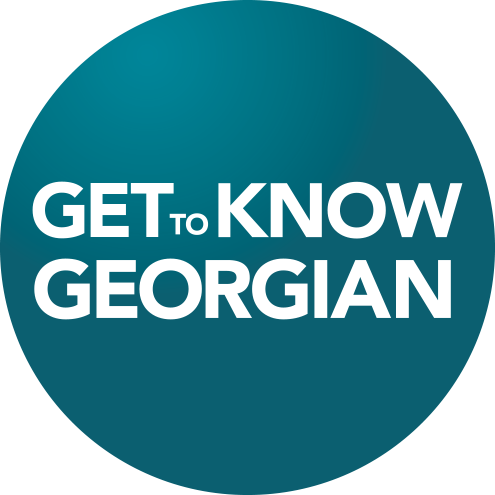
Attend a Get to Know Georgian
virtual info. session on May 14.
Register for an upcoming session.
Take a guided, in-person tour
of our campuses.
Book a campus tour.
Book a phone appointment
with a recruitment specialist.
Connect with a recruiter.
Join our email list for event updates, contest information and more.
Sign up for Georgian updates.

